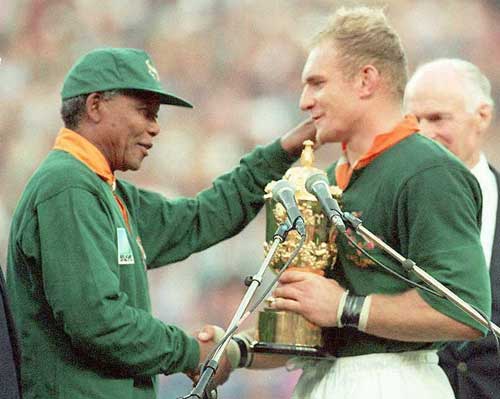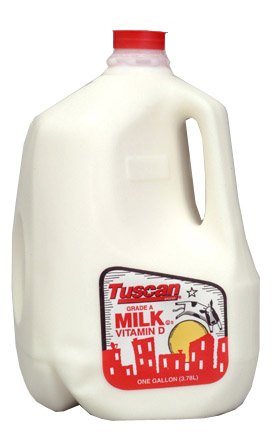Montana Grizzlies HC are making the local TV news again. They're one of many teams heading for New York this weekend for the nationals. For the first time this year it'll include football. The numbers are looking big already:
7 hurling teams.
5 football teams.
39 games.
2 fields.
Considering there were only three hurling teams and no football teams at last year's event, this is a significant jump. The reason for this little growth spurt is the organization of collegiate games in the Northeast where most of these football teams are based. Montana and Cal deserve credit for making the long journey, about 3000 miles in the case of Cal, 2,300 miles in the case of Montana. Cal will break the world record for the longest distance travelled to a game by a collegiate hurling team.
7 hurling teams.
5 football teams.
39 games.
2 fields.
Considering there were only three hurling teams and no football teams at last year's event, this is a significant jump. The reason for this little growth spurt is the organization of collegiate games in the Northeast where most of these football teams are based. Montana and Cal deserve credit for making the long journey, about 3000 miles in the case of Cal, 2,300 miles in the case of Montana. Cal will break the world record for the longest distance travelled to a game by a collegiate hurling team.







